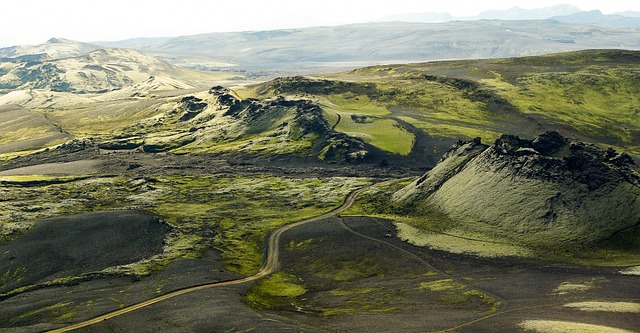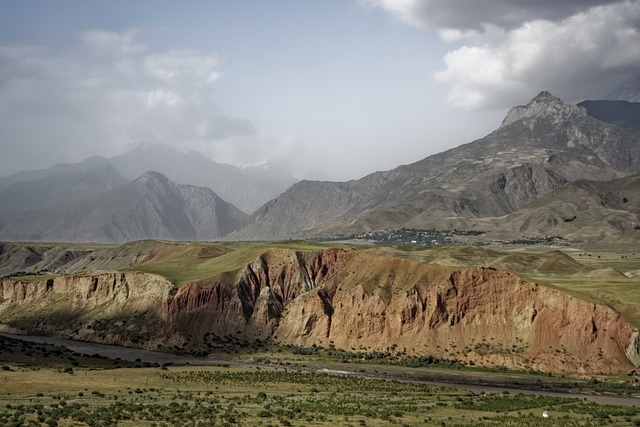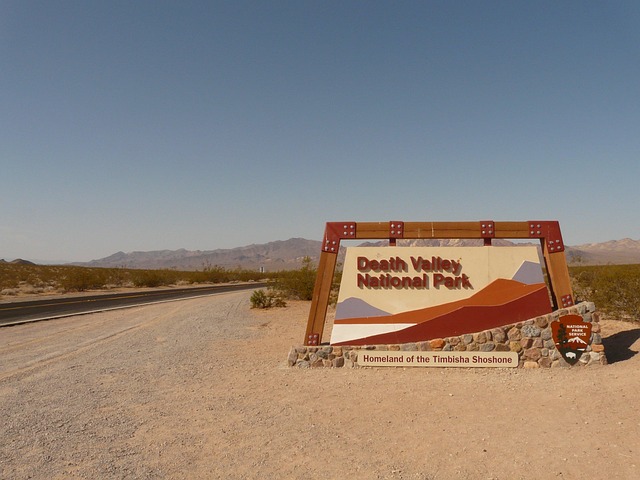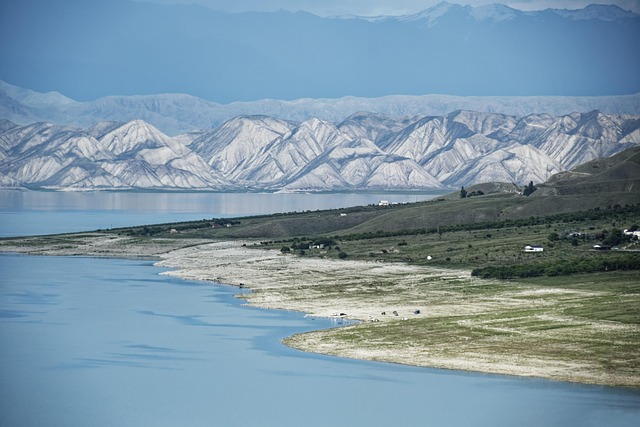In the digital age, communities with strong agricultural ties have an opportunity to build connections that enhance both their landscape and people. Prioritizing real estate for farming creates a collaborative network where neighbors share resources and celebrate agriculture. This fosters sustainability, local resilience, and deeper earth connection, while transforming urban spaces into agricultural hubs through initiatives like urban farming. Developers who prioritize agricultural spaces contribute to resilient food systems, reducing carbon footprints and strengthening local economies. Innovative real estate developments bridge urban-rural divides, creating sustainable spaces that cater to diverse communities, promote knowledge exchange, reduce food miles, and minimize waste, ensuring access to fresh produce and stronger community ties for all.
In today’s rapidly changing world, communities with agricultural roots are experiencing a renaissance. This growth is driven by a shared passion for sustainability and local food systems. By building around core agricultural values, leveraging real estate as a catalyst for local food movements, and creating inclusive spaces, rural and urban residents alike are fostering vibrant, interconnected communities. Discover how these strategies are revolutionizing the way we live and thrive.
Building a Community Around Shared Agricultural Values

In today’s digital era, communities are being built around shared values and interests like never before. For areas with strong agricultural roots, this presents a unique opportunity to forge connections that enhance both the local landscape and its people. By prioritizing real estate that supports farming practices, individuals who call these regions home can foster a sense of community centered around their collective passion for agriculture. This shared value system creates a network where neighbors become collaborators, sharing knowledge, resources, and even crops.
The result is a thriving, interconnected web of like-minded folks who not only appreciate the beauty of the land but also understand its importance. This community-focused approach to real estate fosters sustainability, local resilience, and a deeper connection to the earth. As agricultural practices evolve, so too does the community, ensuring that traditions are passed down while embracing innovation for a brighter future.
The Role of Real Estate in Fostering Local Food Movements

In the realm of fostering local food movements, real estate plays a pivotal role in shaping communities with agricultural roots. The strategic development and utilization of land can create thriving hubs where fresh produce is accessible to all. For instance, urban farming initiatives, supported by dedicated real estate investments, can transform underutilized spaces into vibrant gardens and farms, promoting sustainable food practices. These efforts not only contribute to local economies but also foster a deeper connection between communities and their food sources.
Moreover, real estate developers who prioritize agricultural spaces are driving the movement towards resilient food systems. By integrating farming into urban landscapes, they ensure year-round availability of locally grown produce, reducing the carbon footprint associated with food transportation. This shift encourages residents to embrace a culture of fresh, sustainable eating while strengthening the local identity and economy centered around agriculture.
Creating Sustainable Spaces for Rural and Urban Residents Alike

In today’s world, where urban expansion and rural depopulation are prevalent, bridging the gap between these two realms is essential. One innovative approach is to create sustainable spaces that cater to both rural and urban residents, fostering a sense of community. This can be achieved through strategic real estate developments that integrate agricultural practices into urban settings or transform underutilized rural areas into vibrant hubs. For instance, rooftop gardens and vertical farming in cities offer residents access to fresh produce while promoting eco-friendly living. Conversely, revitalizing rural landscapes with communal farms and educational centers attracts city dwellers seeking a quieter, more connected lifestyle without compromising accessibility.
These sustainable spaces serve as meeting points where people from diverse backgrounds can connect with nature, local foods, and one another. They encourage a circular economy by reducing food miles, minimizing waste, and fostering knowledge exchange. By blurring the lines between rural and urban environments, these initiatives ensure that everyone, regardless of their location, has access to fresh, locally sourced produce and a stronger sense of community—a true testament to sustainable living.






